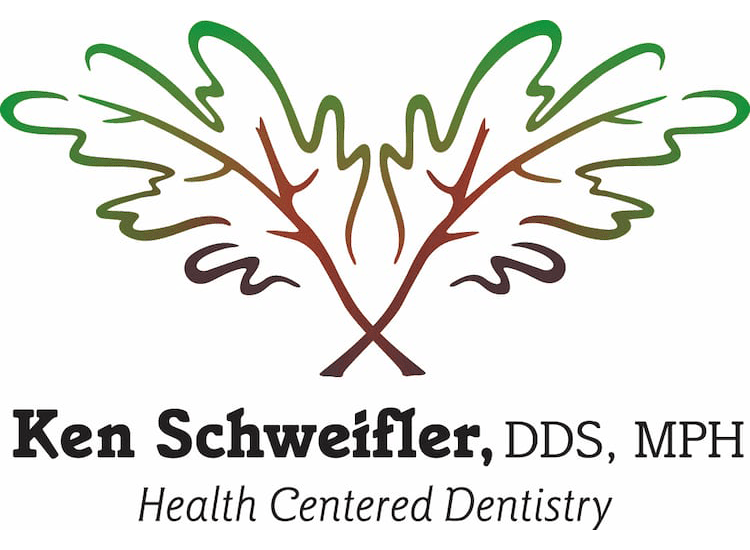If you are experiencing a dental emergency please contact our Los Altos dentist office as soon as possible. We will make every effort to see you the same day, if considered necessary. We welcome new patients who have a dental emergency and are in need of dental care.
Call (650) 489-4620.
Emergency Dental Services
Dental emergencies can occur most inopportunely despite diligent dental care and oral hygiene. Dr. Schweifler offers emergency dental care as part of his general dentistry services. He will assess your immediate needs and provide appropriate care to resolve damage and discomfort. We consider a dental issue that is causing excessive pain as an emergency. Common dental emergencies can include:
- Sudden tooth pain: Sudden, sharp, or throbbing pain in or around a tooth can have a range of possible causes, including infection. It is important to contact our office for an evaluation appointment as soon as possible.
- Chipped tooth: If a tooth chips or breaks, you should repair it immediately to prevent further damage and loss.
- Knocked-out tooth: When a tooth is knocked out, it should be recovered, if possible, and placed in a container of milk or held between the tongue and cheek while in transit to our office. Sometimes, our dentist can successfully place it back into the socket. However, the best results happen when we immediately fix the issue, and there is minimal or no damage to the root.
Subtle Warning Signs
There are other more subtle signs of developing dental problems. If you recognize and address them early, you can prevent a sudden emergency. These can include:
- Bleeding or swollen gums: A common sign of gingivitis is bleeding gums. Gums that bleed or have become swollen may indicate an infection beneath the surface or around a tooth root.
- Changes in the color of a tooth: There can be a possible infection within the inner pulp of a noticeably gray or discolored tooth. In this case, see your dentist for treatment.
- Increasing temperature sensitivity: If hot or cold foods and beverages are suddenly causing discomfort, we should evaluate your dental health for a developing problem such as decay.
Do I Have a Dental Emergency?
A dental emergency is anything that needs to be taken care of immediately. It can’t wait weeks for an appointment. For instance, if a big portion of your tooth breaks up and causes much pain, that must be treated immediately. If you have a small chip of your tooth break off that you don’t even feel, that isn’t a dental emergency. A tiny chip is easy to treat at your next appointment.
One of the biggest warning signs of an emergency is pain, especially if it’s sharp or sudden. Bleeding is another big indicator, particularly if there’s a lot of blood. This typically occurs if there’s been trauma. A knocked-out tooth in an adult is always an emergency. The tooth is only viable for replacement for a certain amount of time after it’s been knocked out.
You should also call our office if you have a dental infection. An infection can be very serious and impact other parts of your body. Sometimes, they’re hard to detect. Signs include throbbing pain that spreads throughout the jaw, swelling around a certain tooth, or a fever. Infections can spread throughout the body and even be life-threatening, so you must contact us immediately.
Emergency Dentistry FAQs
Dental emergencies can happen to anyone. Learn more about emergency dental care by reading the answers to these commonly asked questions.
Can I have my tooth pulled at the ER?
No, only a licensed dentist can extract a tooth. It is illegal for anyone other than a Doctor of Dental Surgery or Dental Medicine to do so. Suppose you are experiencing a dental emergency and go to the ER for treatment. In that case, they can only offer you pain medication or antibiotics if an infection occurs.
Do you consider a toothache a dental emergency?
In most cases, a toothache will disappear on its own without treatment. However, if the pain worsens or lasts over two days, you should call us for help. This could indicate a major problem such as tooth decay, an infection, or an abscessed tooth. We will see you as soon as possible to help you find relief from your tooth pain.
What should I do if I notice significant swelling around my mouth/jaw?
Swelling is usually a sign of an infection. If the swelling is making it difficult to breathe or causing your eyes to shut, then you have a dental emergency. Please call our office as soon as possible. You can use ice for temporary relief, but do not use heat. Heat can cause the infection to spread quickly.
What’s the most common dental emergency?
A toothache or tooth pain is the thing we see the most. Severe tooth pain can have many different causes, and it’s not likely you’ll be able to determine the cause of yours on your own. If it’s something serious, like an infection, you want to ensure you get it checked out sooner rather than later.
Can I prevent a dental emergency?
Some emergencies are freak accidents that there’s no real way to predict. But properly taking care of your oral health is the best way to make you less likely to encounter a dental emergency. Even accidents like getting a tooth knocked out or broken can be prevented by wearing a mouthguard during contact sports and other activities.
How do I handle a dental emergency?
The most important thing to do is to stay calm. It may be hard, but getting control of the situation is important. If there’s bleeding, use gauze to pressure the bleeding area. Collect the pieces and bring them to our office if a tooth or dental restoration is knocked out or broken. Call us as soon as possible so we can see you in our office promptly.
